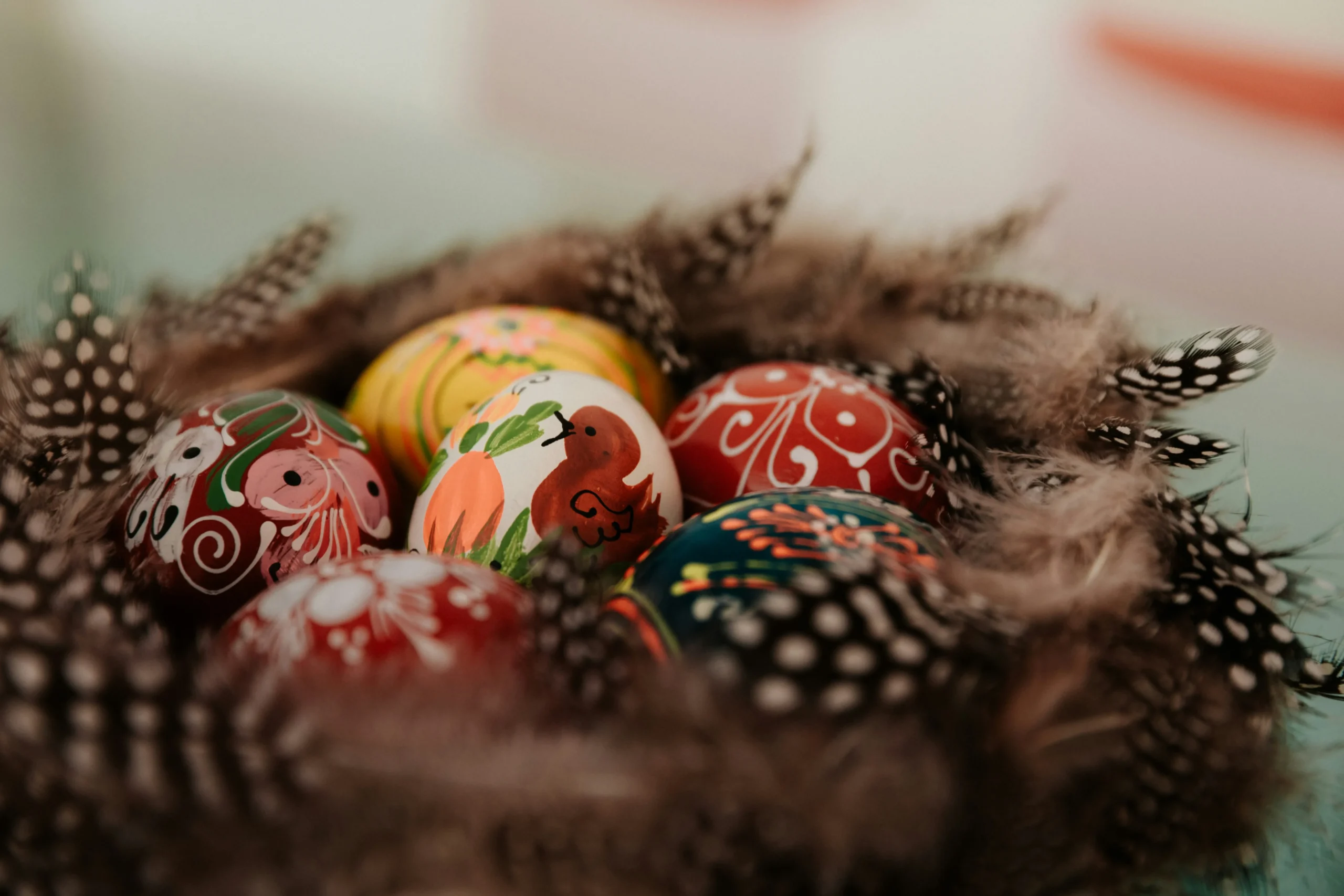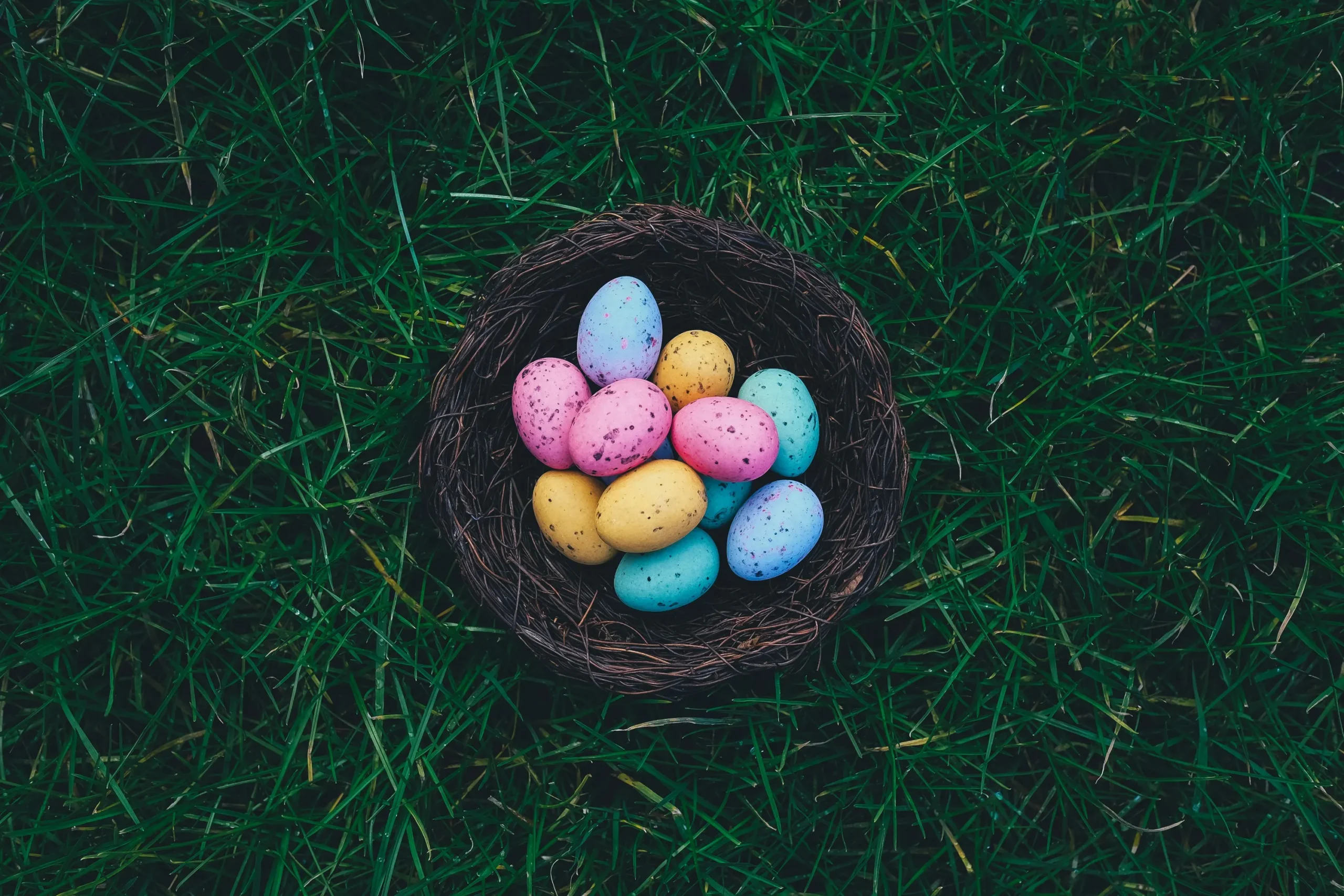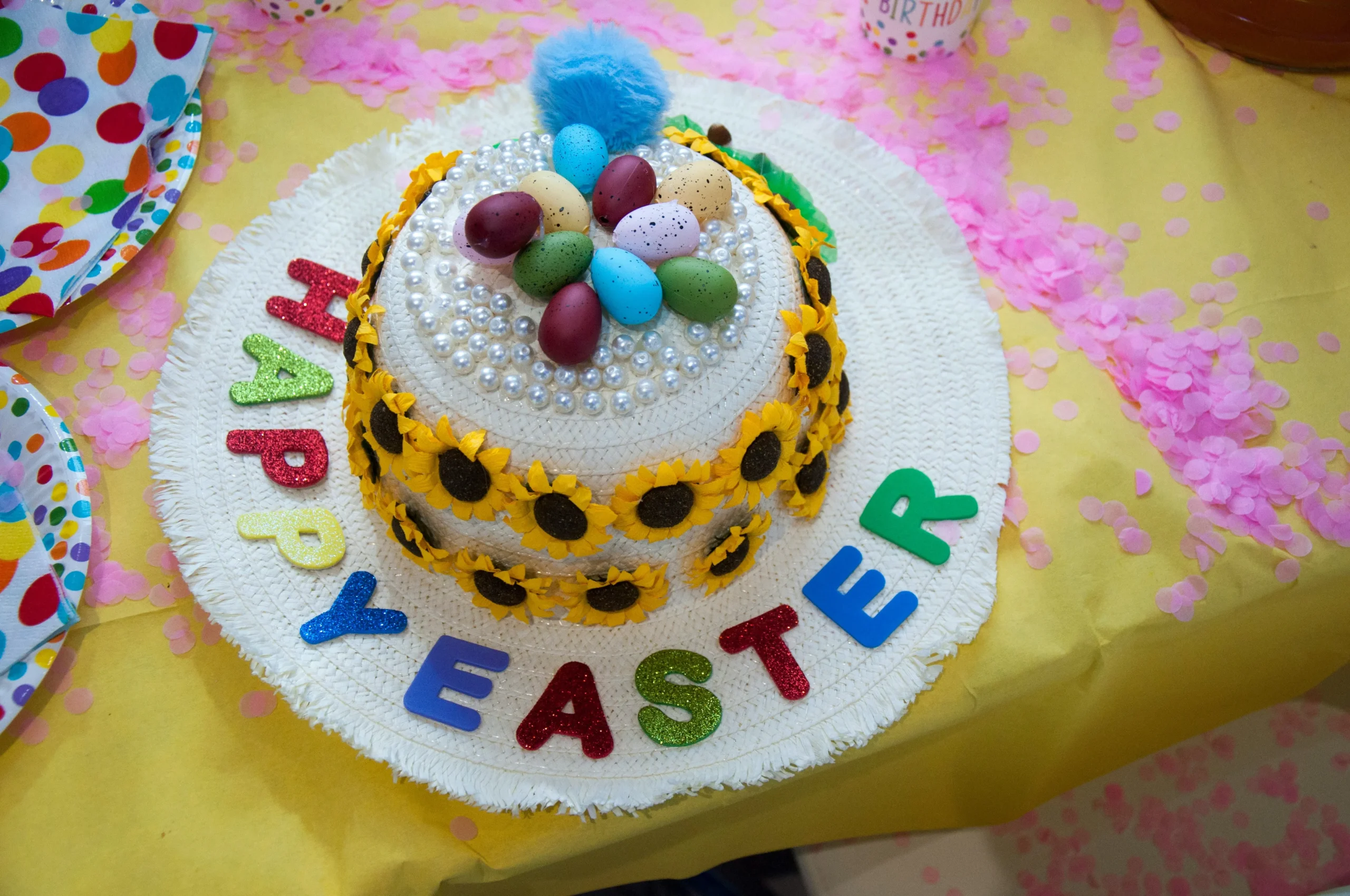When is Easter 2026? The Live Countdown to Resurrection Sunday on April 5th.



A timeless promise of new life
Day(s)
:
Hour(s)
:
Minute(s)
:
Second(s)
What is Easter?
Easter is a Christian festival that marks the resurrection of Jesus Christ, making it one of the most cherished days for Christians. It’s a joyful celebration that highlights the triumph of life over death and holds deep importance at this time of the year. Even non-Christians often enjoy a holiday during this period, choosing to travel, or spend quality moments with friends and family.
Easter also brings with it various symbols of new life, such as eggs, chicks, flowers, and rabbits. These symbols are deeply rooted in ancient pagan traditions, which focused on fertility, rebirth, and growth as the world emerged from the dark winter months. These connections between old and new meanings help make Easter both spiritual and festive.
When is easter 2026?
Easter Sunday in 2026 will be on April 5, 2026. Holy Week that year begins with Palm Sunday on March 29 and includes Good Friday on April 3, leading up to Easter Sunday celebrations on April 5.
Is easter a public holiday?
Yes, Easter is a public holiday in many countries around the world. Typically, Good Friday and Easter Monday are observed as official public holidays, while Easter Sunday, falling on a weekend, is not always treated as a separate holiday. The exact days off and celebrations vary by country, with some nations recognizing all three days and others only observing Good Friday or Easter Monday.


The History of Easter
Easter commemorates the death and resurrection of Jesus Christ in Jerusalem nearly 2,000 years ago. Interestingly, the word “Easter” itself isn’t directly linked to Christianity. Historically, Jesus was crucified on a Friday and rose again on the following Sunday. For Christians, this resurrection is the foundation of their faith, and is recorded in the Bible, specifically the book of Acts. There, Peter, one of Jesus’ closest followers and an eyewitness to these events, speaks to a crowd, saying, “You handed him over to be killed and disowned him before Pilate. You killed the author of life, but God raised him from the dead. We are witnesses of this resurrection.”
Because Jesus’ resurrection took place on a Sunday, the first Christians soon chose this day to pray and worship regularly. However, it took time for Easter Sunday to develop into an annual event to celebrate the resurrection. In various countries, Easter has been marked in different ways, reflecting local traditions and customs.
Many Churches use Easter as a time to praise God for raising Jesus from the dead and to honor martyrs—believers who were put to death rather than give up their faith. In some traditions, converts to Christianity are also baptised, often dressed in white, symbolizing purity and new spiritual life.
Easter Festival (2025–2030)
| Year | Date (Gregorian) | Day |
|---|---|---|
| 2025 | April 20, 2025 | Sunday |
| 2026 | April 5, 2026 | Sunday |
| 2027 | March 28, 2027 | Sunday |
| 2028 | April 16, 2028 | Sunday |
| 2029 | April 1, 2029 | Sunday |
| 2030 | April 21, 2030 | Sunday |
* Easter celebrates the resurrection of Jesus Christ and is marked by church services, family gatherings, and traditions like Easter eggs and spring decorations.
FAQs
What are the future Easter dates from 2025 to 2028?
Easter 2025: April 20 (Sunday)
-
Easter 2026: April 5 (Sunday)
-
Easter 2027: March 28 (Sunday)
-
Easter 2028: April 16 (Sunday)
When is Easter celebrated each year?
Easter is celebrated on the first Sunday after the first full moon that occurs on or after the spring equinox (March 21). This means Easter can fall anytime between March 22 and April 25.
Why does the date of Easter change every year?
Easter is a movable feast, meaning it doesn’t have a fixed calendar date. Its date is determined by the lunisolar calendar—specifically, it’s based on the ecclesiastical approximation of the March equinox and the first full moon after it.
What is the historical origin of Easter?
Easter commemorates the resurrection of Jesus Christ, a central event in Christianity that is believed to have occurred around 2,000 years ago in Jerusalem. The name “Easter” is believed to have pagan origins, possibly linked to Eostre, an Anglo-Saxon goddess of spring.
What happened during the first Easter according to the Bible?
According to Christian tradition and the Bible, Jesus was crucified on a Friday (Good Friday) and rose from the dead on the following Sunday, now celebrated as Easter Sunday. This event is viewed as the foundation of Christian faith.
Why is Easter important to Christians?
Easter is considered the most important festival in Christianity because it celebrates Jesus Christ’s resurrection, symbolizing victory over sin and death, and offering hope of eternal life to believers.
Is Easter linked to any older pagan traditions?
Yes, several symbols of Easter like eggs, rabbits, and springtime themes are believed to come from ancient pagan traditions celebrating fertility and rebirth during the spring equinox.
